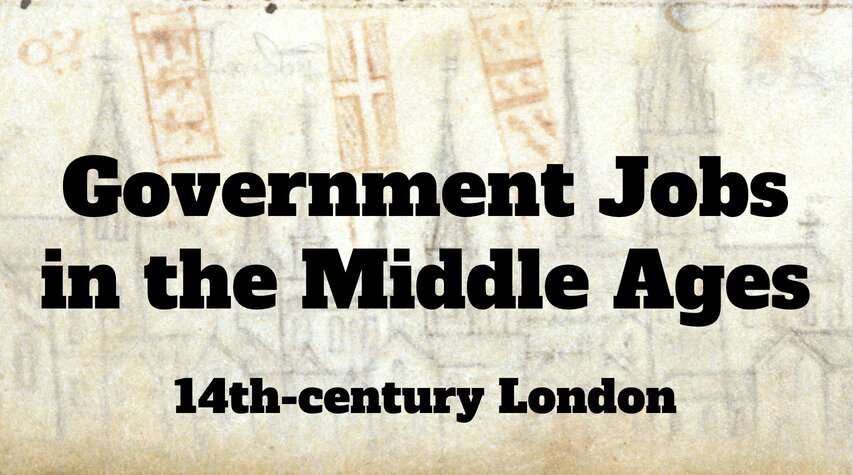
"The Jubilee Book describes the election process of London's mayor, emphasizing the influential role of the Common Council and the importance of maintaining the city's rights under royal authority."
"Although the Jubilee Book's proposed reforms were rejected, it remains a critical document showcasing how London's government was structured and the responsibilities of various officials."
"Detailed accounts of civic roles within the Jubilee Book reveal the complex interplay of authority, with mayors, sheriffs, and other officials working to uphold the city's governance."
"The documentation illustrates the varied responsibilities of city officials, from the mayor's leadership and representational duties to the sheriffs' enforcement of law and order."
The Jubilee Book, written in 1376, is a critical historical document that reveals the intricacies of London’s city government during the medieval period. It details the election process for the mayor, who represented the city, maintained its rights, and convened meetings with officials. Sheriffs, elected annually, also played key roles in law enforcement and civic administration. Despite its later rejection and burning, the Jubilee Book remains an invaluable resource for understanding the governance of a medieval city and the various responsibilities held by its officials.
Read at Medievalists.net
Unable to calculate read time
Collection
[
|
...
]